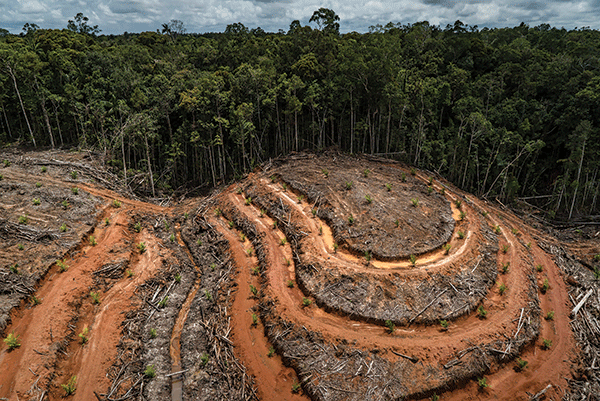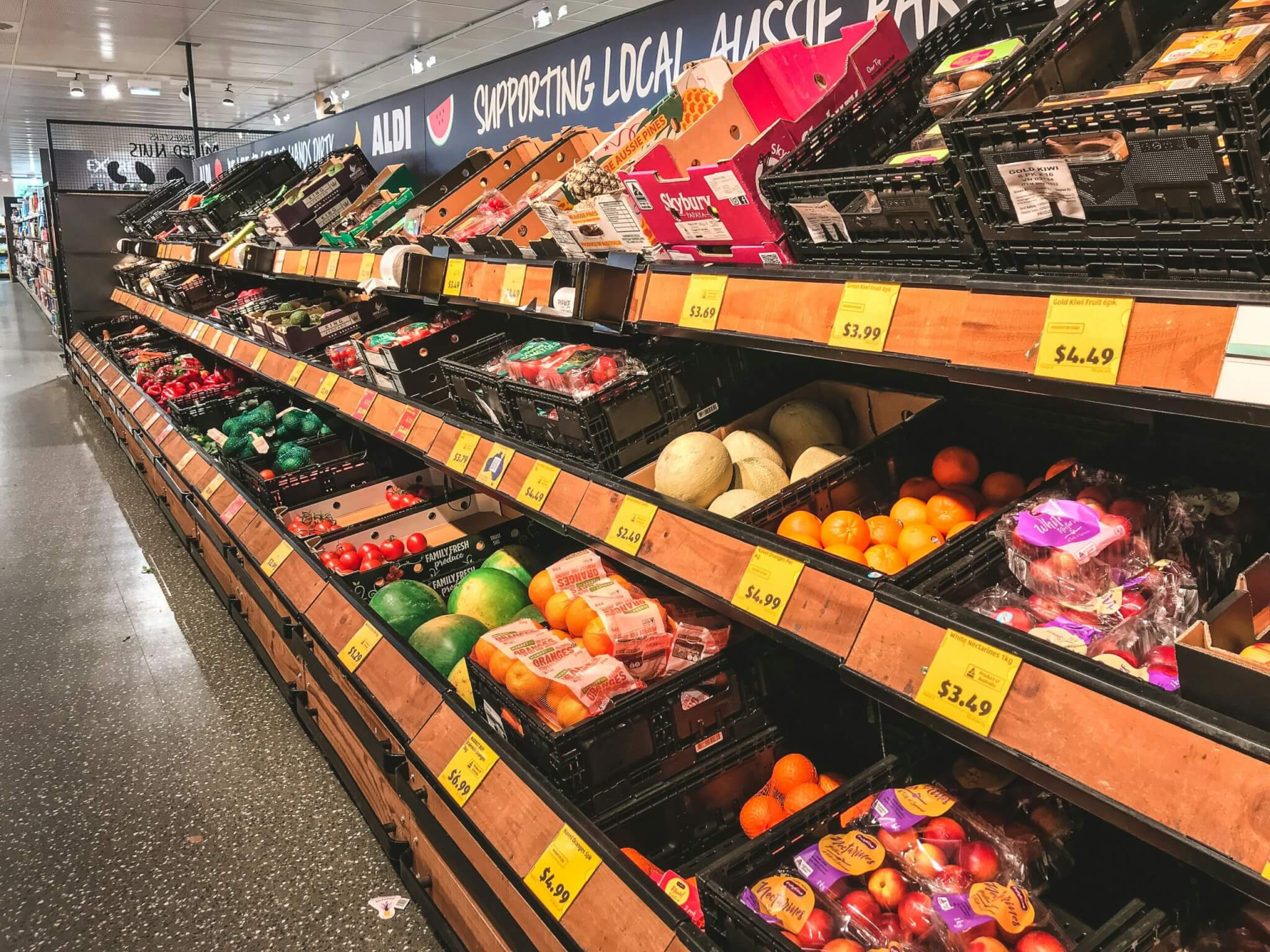A moratorium on new palm oil plantation permits that prevented further deforestation in Indonesia, the world’s biggest palm oil producer, recently expired. Environmentalist-s worry that, without robust laws in place, huge swathes of rainforest are now at greater risk of clearance for oil palm trees.
According to Reuters, the environment minister of Indonesia announced last year that the country reduced the rate of deforestation by 75 per cent by controlling forest fires and curbing land clearing, thanks to the moratorium. Since the law lapsed, one Indonesian government official has told media that no new palm oil permits will be granted. But will this legislative loophole allow progress to be undone?
Devastating deforestation
Southeast Asia produces 90 per cent of the world’s palm oil. It’s versatile, high yielding, and relatively cheap to produce. But when new palm oil plantations are created, rainforest habitats are burnt down and cleared, creating smog and releasing huge volumes of carbon dioxide, as well as endangering wildlife.

According to Kiki Taufik, global head of the Indonesia forest campaign at Greenpeace International, the moratorium had positively impacted biodiversity while limiting the expansion of plantations and forcing existing plantations to become more productive.
Now, he’s worried because the Indonesian government seem focused on accelerating investment and development.
“It’s all about short-term growth and profit. They’re not thinking about the protection of forests. We have 16.4 million hectares of palm oil plantation, which is enough. We don’t need more,” insists Taufik, speaking from Jakarta, where he campaigns for plantations to increase productivity without the need to destroy more forest.
Certified and sustainable?
Only 19 per cent of all palm oil is certified by the Roundtable on Sustainable Palm Oil (RSPO), the largest independent third-party standard for more sustainable palm oil. Membership and certification are voluntary, not mandatory.
So while RSPO is not the perfect solution – Greenpeace highlights that loopholes allow unlawful forest clearances and describes implementation as ‘weak’ in a recent report – Taufik says it is more rigorous than Indonesia’s own Sustainable Palm Oil standard.

Cat Barton, field conservation manager at Chester Zoo, engages with stakeholders right along the supply chain to help promote deforestation-free products, rather than demonising palm oil. “We’re trying to increase that demand for
RSPO-certified palm oil at both ends of the supply chain, but we are still seeing a lot of palm oil boycotts, which don’t help in terms of that need for sustainability,” says Barton, who works with partners in the field to reduce chemical inputs, create wildlife corridors including rope bridges for orangutans, and work towards a ‘landscape’ approach.
“The whole industry needs to move towards what’s known as identity-preserved and segregated palm oil which is 100 per cent sustainable.” This has been physically separated from ordinary palm oil throughout processing, and retains full traceability back to the source.
Synthetic solutions
Aside from promoting deforestation-free palm oil, scientists are developing synthetic alternatives.
Revive Eco processes some of the 50,000 tonnes of waste coffee grounds that Scotland produces every year to extract oils with minimal environmental impact.
Co-founder Scott Kennedy explains: “We’re not using land to grow a crop, we divert quite a large waste stream away from landfill, and when we supply UK-based companies, this negates the emissions from shipping palm oil from Indonesia and Malaysia.”

Samples of Revive Eco’s oil are currently being trialled by major cosmetics and food and drink companies. “They love what we’re doing, so now, for us to be able to compete on price, we need to replicate what we do in cities around the world so we don’t end up shipping oil around the world like the palm oil industry,” he says.
Professor Chris Chuck, a chemical engineer at the University of Bath, is producing a yeast oil that’s almost identical to palm oil, from a fermentation process that uses waste resources such as seaweed, straw, or food waste. “The reason that palm oil is so ubiquitous is not just the unique properties; it’s the cheapest and most productive land oil source, and you cannot compete with that. Microbial fermentation offers the only scalable solution,” says Chuck, who is developing this as a feasible, cost-effective substitute.
“There’s a good circularity to it, but there are a lot of challenges. The price will always be higher than palm, but modelling shows that we can scale this up really quite quickly.”
Growing demands
China and India’s demand for palm oil is only increasing, and synthetics don’t yet meet the scale of demand. Even when they do, they’ll require industrial-scale oil refineries which will produce emissions, and the yeast will need to be fed sugars, which in turn need to be farmed.
By consuming less and checking sustainability credentials before we buy, our own influence can filter down the supply chain. But to feed a projected global population of 11 billion, perhaps scaling up synthetic solutions will help replace the need for any more ‘slash ‘n’ burn’.
Top tips for buying sustainable palm oil
– Look for ingredients that include prefixes like palm, star-, laur- or glyc- to see if palm oil is present.
– Check out the Orangutan Alliance’s list for hundreds of alternative names for palm oil derivatives, from arachamide mea to vegetable oil.
– Look for sustainable palm oil labels like MSPO, ISPO, ISCC or RSPO.
– Use the WWF’s palm oil scorecard to check out a particular brand or retailer and how much palm oil they buy.
– Labelling of palm oil is better in food than cosmetics – if in doubt, ask before you buy or use a sustainable shopping app.
This investigation was originally published in the autumn-winter print edition of Wicked Leeks. You can read the full magazine for free on Issuu.










0 Comments